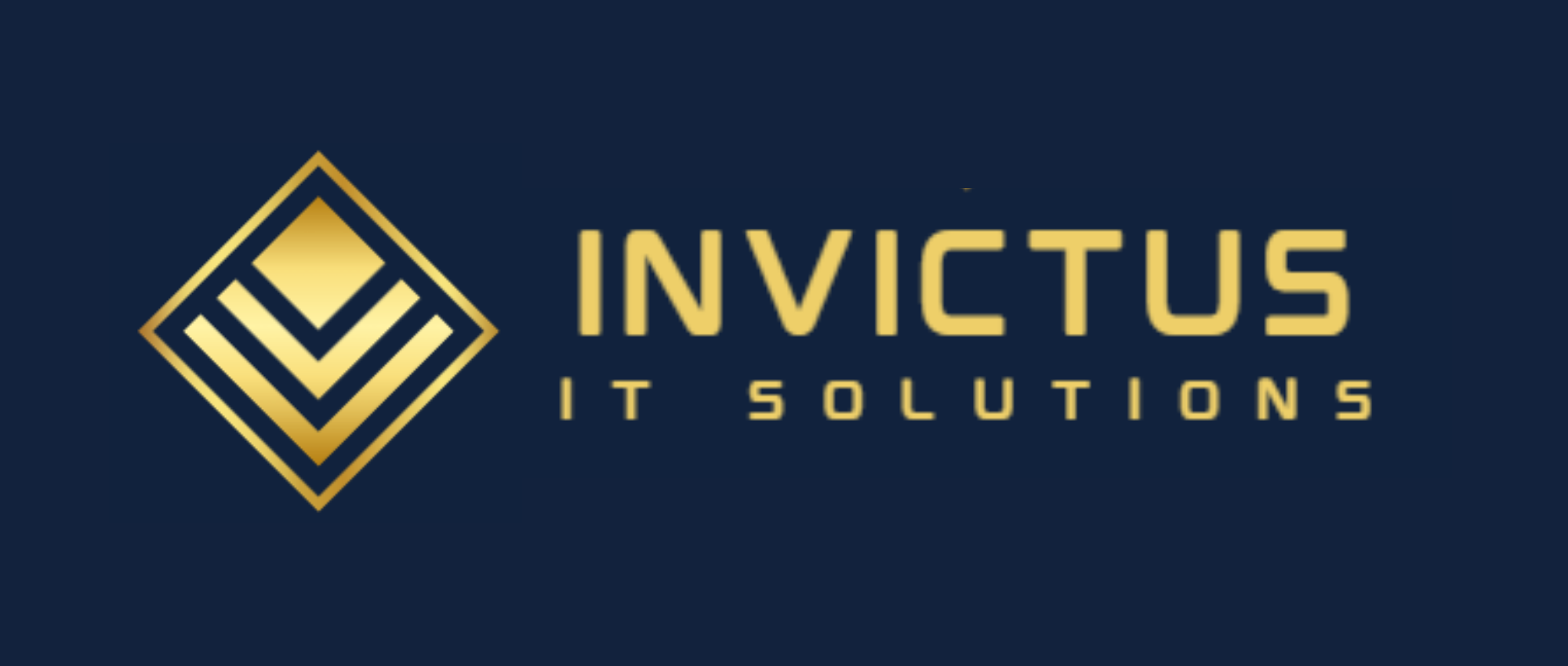Invictus IT Solutions Ltd Procurement Policy
- Introduction
Invictus IT Solutions Ltd recognises the importance of efficient and transparent procurement practices to support the company’s objectives and operations. This procurement policy establishes guidelines and principles to govern all procurement activities undertaken by the company.
- Objectives
The objectives of this procurement policy are:
- To ensure the procurement of goods and services that meet the company’s quality standards, budgetary constraints, and operational requirements.
- To promote fairness, transparency, and competition in supplier selection and contract award processes.
- To mitigate risks associated with procurement, including fraud, conflicts of interest, and non-compliance with regulatory requirements.
- To optimize value for money and maximise cost-effectiveness in procurement decisions.
- To uphold ethical standards and maintain the company’s reputation through responsible procurement practices.
- Authority and Responsibility
The Chief Financial Officer (CFO) is responsible for overseeing the implementation of this procurement policy and ensuring compliance with relevant laws and regulations. The CFO may delegate procurement authority to designated personnel as appropriate, while retaining overall accountability for procurement activities.
- Procurement Process
4.1. Needs Assessment:
All procurement activities shall be based on documented needs assessments to identify the company’s requirements and objectives.
4.2. Supplier Selection:
Supplier selection shall be conducted through fair and competitive processes, considering factors such as quality, price, delivery time, reliability, and sustainability. Multiple bids shall be solicited whenever feasible to promote competition and obtain the best value for money.
4.3. Contracting:
Contracts shall be awarded based on objective criteria and in accordance with established procurement procedures. Contract terms shall be clear, comprehensive, and legally binding, outlining the rights, obligations, and responsibilities of both parties.
4.4. Procurement Methods:
Various procurement methods, including requests for proposals (RFPs), requests for quotations (RFQs), and competitive bidding, may be utilised based on the nature and complexity of the procurement requirement.
4.5. Ethical Standards:
All procurement activities shall adhere to the highest ethical standards, including honesty, integrity, and fairness. Conflicts of interest must be disclosed and managed appropriately to avoid compromising the integrity of the procurement process.
4.6. Compliance:
Procurement activities shall comply with applicable laws, regulations, and industry standards governing procurement practices, including but not limited to anti-corruption laws, competition laws, and data protection regulations.
- Performance Monitoring
The performance of suppliers and the effectiveness of procurement processes shall be monitored regularly to ensure compliance with contractual obligations, quality standards, and delivery schedules. Feedback from end-users and stakeholders shall be solicited to identify areas for improvement and address any issues promptly.
- Training and Awareness
Employees involved in procurement activities shall receive adequate training and guidance on the company’s procurement policies, procedures, and ethical standards. Continuous efforts shall be made to raise awareness of procurement best practices and regulatory requirements across the organization.
- Review and Revision
This procurement policy shall be reviewed periodically to ensure its continued relevance and effectiveness. Amendments may be made as necessary to reflect changes in business needs, regulatory requirements, or industry best practices.
- Communication
This procurement policy shall be communicated to all employees, suppliers, and relevant stakeholders to ensure awareness and understanding of their roles and responsibilities in the procurement process.
